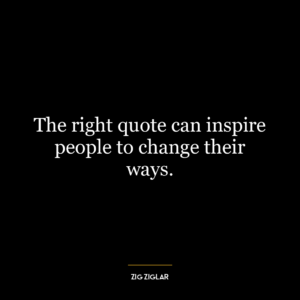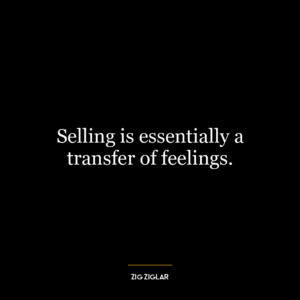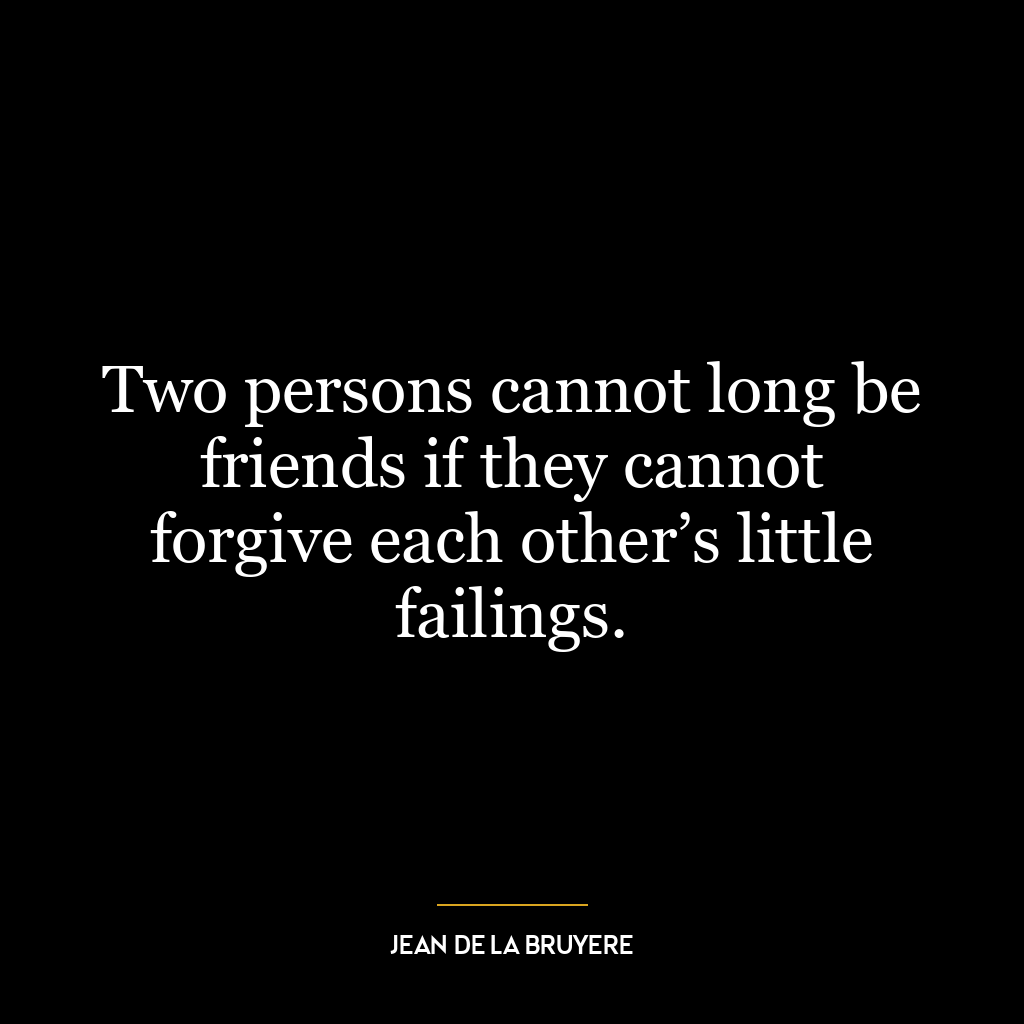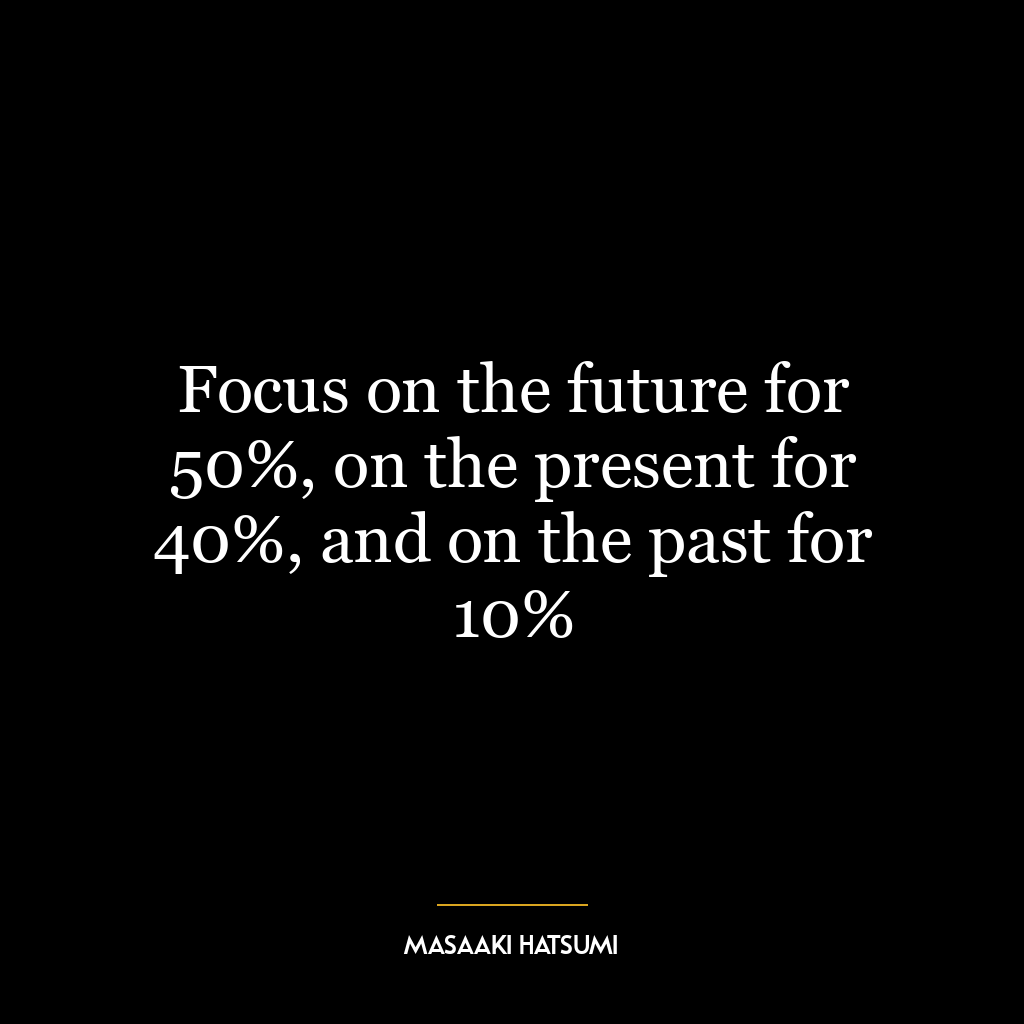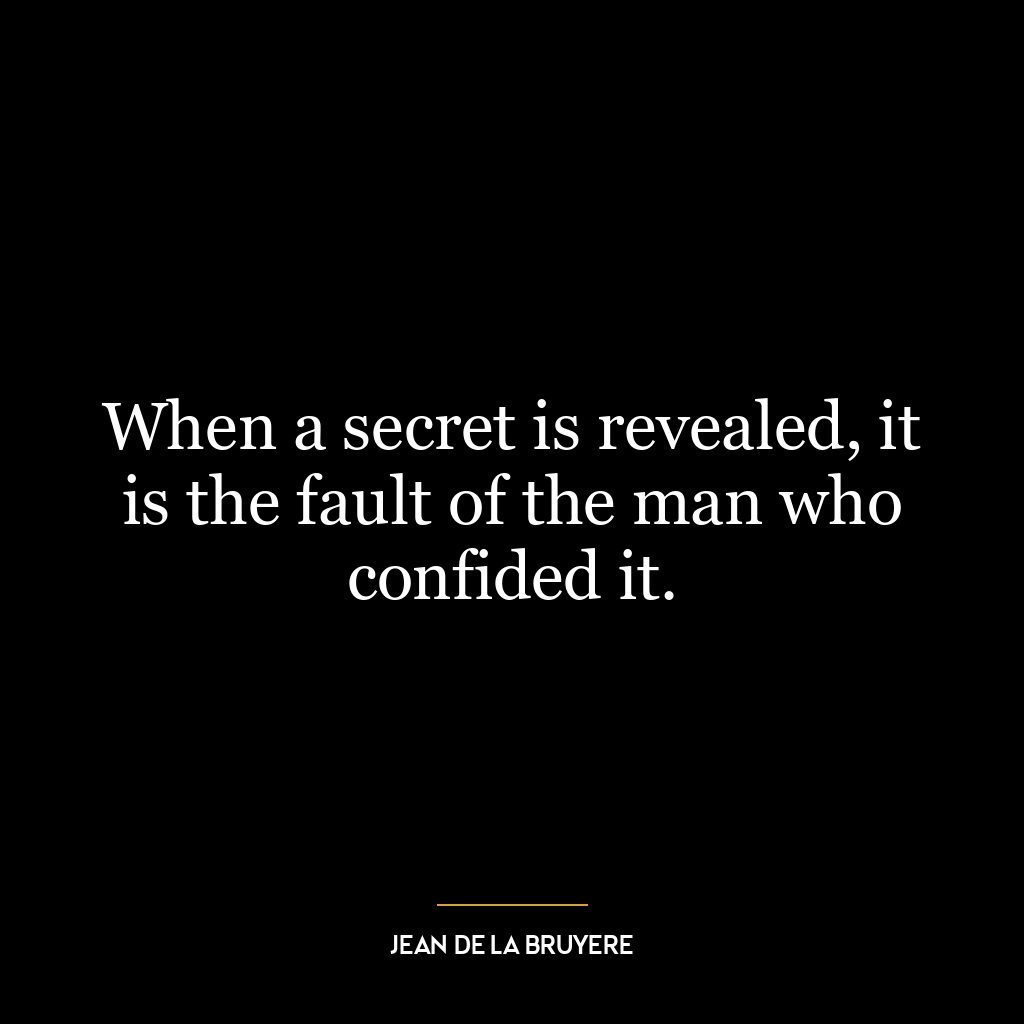When you forgive somebody else you accept the responsibility for your own future.
This quote suggests that forgiveness is not just about the other person who has wronged you, but it is also about you and your future. When you forgive someone, you are not necessarily condoning their actions but rather releasing yourself from the burden of resentment and anger that can hinder your personal growth and happiness. It is about taking control of your emotional wellbeing and not allowing past hurts to dictate your future.
The responsibility mentioned in the quote refers to the ability to choose how we let our past affect our future. By forgiving, we are deciding not to let our past control our future. We are choosing to let go of the pain, to move forward, and to create a future unclouded by resentment. It’s about acknowledging the past, learning from it, and then moving on.
In today’s world, this idea is especially relevant. We live in a time where conflicts and disagreements are rampant, both on personal and global scales. Holding onto grudges and resentment only fuels these conflicts, creating a cycle of negativity. By choosing to forgive, we can break this cycle and create a more peaceful and positive future.
In terms of personal development, forgiveness is a key component in emotional maturity and resilience. It allows us to let go of negative emotions that can hold us back, such as anger, resentment, and bitterness. Furthermore, it opens us up to more positive emotions such as empathy and compassion, which can enhance our relationships and overall quality of life. By forgiving, we grow as individuals and gain a deeper understanding of ourselves and others.
In conclusion, forgiveness is not just about the person who wronged us, but it’s also about accepting responsibility for our own future. It’s a powerful tool that can help us to let go of the past and move forward, creating a future filled with peace, positivity, and personal growth.



